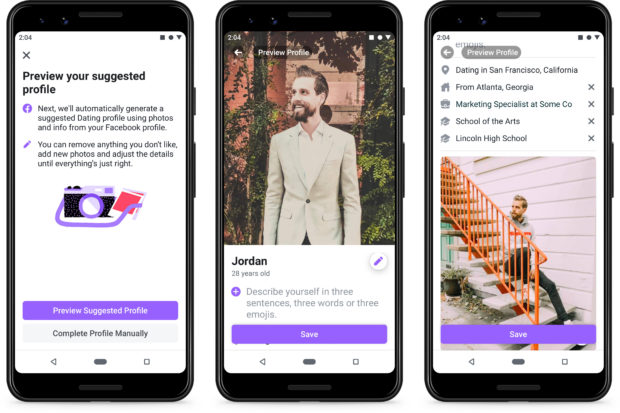
WEIGHT: 58 kg
Bust: A
One HOUR:200$
NIGHT: +40$
Sex services: Mistress, Fisting vaginal, Massage anti-stress, Strap On, Spanking
In the moments after Lincoln took his last breath, his friend, Secretary of War Edwin Stanton, said:. Today, we understand these words as perhaps the perfect thing to say in that moment. Today, we continue to see Lincoln's enduring presence in our world. There are countless reasons behind Lincoln's continuing impact. Lincoln's words are an important and relevant aspect of his legacy for modern audiences because they are a part of him that we can still interact with today.
His written words give us a tangible measure of the breadth and depth of his many exceptional characteristics. They demonstrate his leadership, empathy, strength, capacity, savvy, and patience. More than years after his death, Lincoln's words help us to define and to understand our America, an America of the 21st century. The timelessness of his words has eternalized a written legacy that has endured long since his own voice fell silent.

Abraham Lincoln is often considered one of our most eloquent presidents. He crafted beautifully flowing passages that helped guide a broken nation through a civil war. His writing struck the right balance of literary artistry and simple language. This enabled him to connect his ideas to the masses during an age of print. In , there were approximately newspapers in the United States.
By , that number had surged to over , more than the rest of the world combined. He wrote and edited, then he listened. He wanted to hear how the words blended, how the inflections of the sentences helped to enforce a point.

Lincoln used alliteration, repetition, metaphors, and contrasts. He was selective about the use of syllables, choosing words based on their melody within a sentence, a paragraph, and the context of the whole work. Lincoln asked Stoddard if he would be his audience, while he read his work out loud. Clerks in the telegraph office of the War Department reported the same phenomenon. Lincoln sat hunched over a desk in a quiet corner of the large office, reading under his breath as he wrote.

































